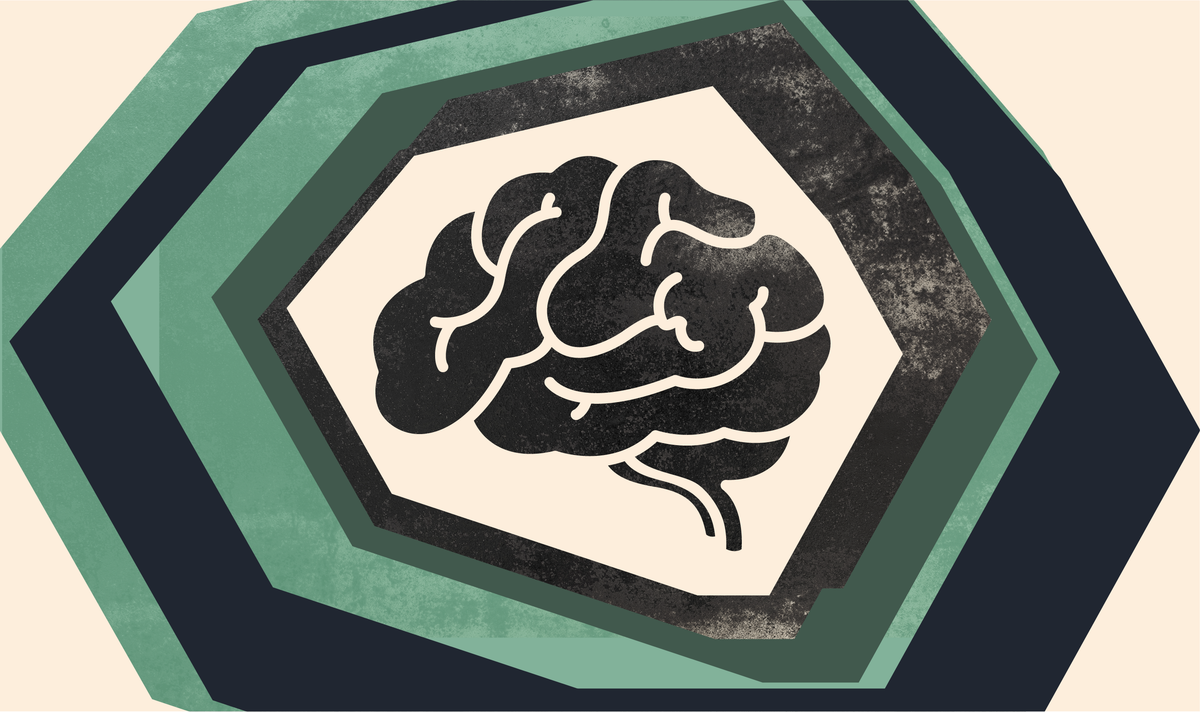Nurses’ firings prompt discussion about emergency mental health care for children
Other posts highlighted how systemic factors and workplace violence toward nurses impact mental health.

Other posts highlighted how systemic factors and workplace violence toward nurses impact mental health.
Last week, articles reported that 15 nurses were fired from a Spokane, Washington, hospital for allegedly improperly accessing the medical records of a 12-year-old patient who died there by suicide in April, fueling online conversation about emergency mental health care. Meanwhile, two popular posts highlighted how systemic factors like housing impact mental health, and an article about nurses’ mental health gained attention on social media.
In response, communicators may share information about emergency mental health care and suicide prevention and recirculate mental health resources for the general public and health care workers.

Insights brought to you by the reporters and science writers of Public Good News (PGN), a nonprofit newsroom dedicated to improving community health.
What’s trending nationally in conversations about mental health
Last week, 15 nurses at a Spokane children’s hospital were fired after hospital administrators claimed they improperly accessed a patient’s private medical records. The patient, a 12-year-old girl, died by suicide while admitted to the hospital in April after reportedly being left unsupervised. The fired nurses claimed that the hospital is retaliating against them for speaking to the media about the patient’s death. Some social media commenters blamed the medical staff for the patient’s death, while others said that hospital administrators should take accountability. Several commenters who identified themselves as health care workers said that when hospitals face staffing shortages, “sitters” who monitor patients experiencing mental health crises are often the first staff members to be reassigned. Some commenters shared personal anecdotes about seeking emergency mental health care at hospitals, and a few suggested that emergency rooms are not equipped to support mental health patients.
Two popular posts discussed the relationship between systemic factors and mental health. On August 14, a Reddit user shared an article from 2023 about rising youth suicide rates between 2007 and 2021. (Recently published data shows declining teen suicide between 2021 and 2024.) The post received approximately 9,100 upvotes and 300 comments as of August 20. Many commenters discussed how issues like housing inequality, low wages, and mental health care provider shortages are negatively impacting mental health across age groups. In a separate post on August 15, an X user shared a photo of the book The Power to Die with text that read, “Whole book about how suicide prevention field came about as a response to enslaved Africans choosing the ultimate freedom instead of suffering under slavery.” The post received approximately 582,000 views, 20,000 likes, 3,600 reposts, and 40 comments as of August 20. Some commenters disagreed with the post’s framing of suicide, stating that it should not be glorified in any context. Others expressed distrust in the modern mental health care system, alleging that it only keeps people alive to maintain the workforce.
On August 7, Women’s Health published an article about how nurses are reportedly facing increasing workplace violence, which negatively impacts their mental health. The article outlined how hospitals are failing to address threats of violence from patients and how nurses are discouraged from writing incident reports. In response to social media posts sharing the article, some commenters who identified themselves as nurses said that they had been experiencing more violence in recent years, which has led to anxiety and depression.

Recommendations brought to you by the health communication experts behind Infodemiology.com.
Recommendations for public health professionals
Each week, the Infodemiology.com team will provide messaging recommendations in response to some of the trending narratives outlined above. These helpful tips can be used when creating content, updating web and FAQ pages, and developing strategy for messaging about mental health.
Conversations about emergency mental health care provide an opportunity to recirculate the warning signs of suicide, as well as free suicide prevention resources like the 988 Suicide & Crisis Lifeline. Communicators may share other treatment resources for mental health crises. Messaging may encourage people to go to an emergency room if they believe they are in immediate danger to themselves or others and to call 911 if they cannot get to the nearest emergency room.
Conversations about shortages in mental health care providers provide an opportunity to direct people to therapist directories, support groups, and helplines.
Given an uptick in online discussion about nurses’ mental health, communicators creating messaging for health care workers may share mental health resources for nurses and the general public. Messaging may also include the warning signs of nurse burnout and tips for preventing it.
